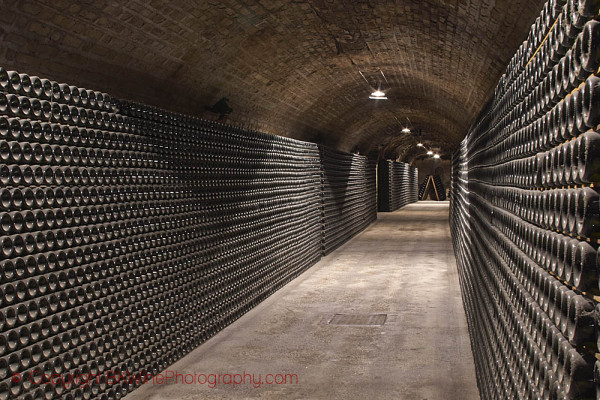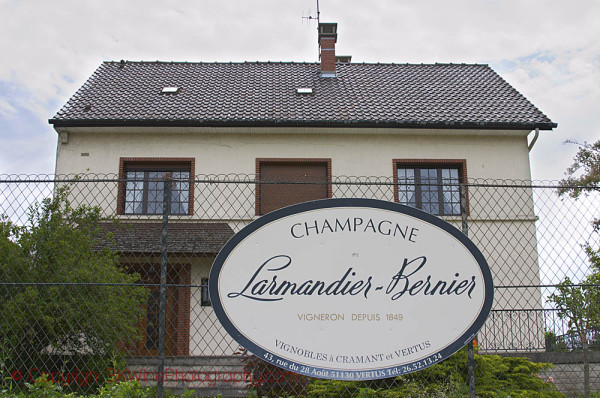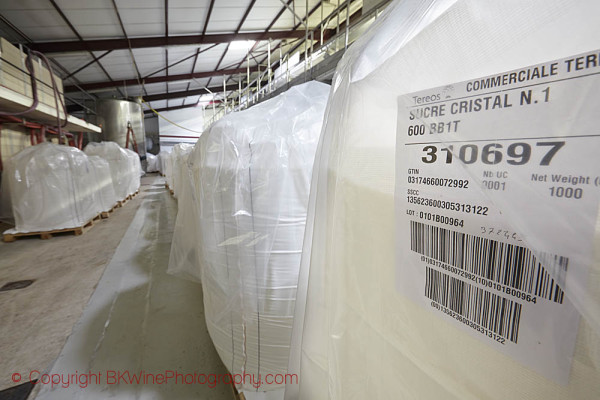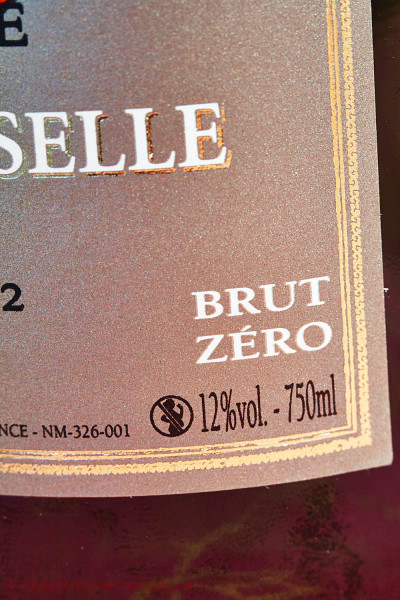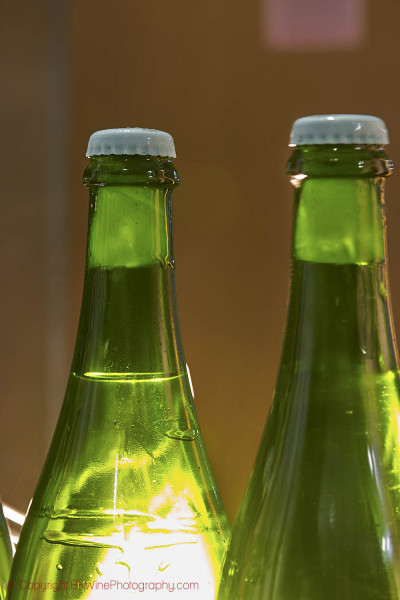Almost all champagne is made with some added sugar. Some is added to increase the alcohol level and then some more is added for the second fermentation in bottle. But there is also a third addition: some sugar is added at bottling to give the champagne a slightly softer edge, without really becoming sweet.
Probably something like 98% of all champagne is made with some added sugar before the bottle is sealed with the final cork. But the portion that has no or almost no sugar added is increasing. Over the last few years it has been a strong trend for champagne that consumers want the bubbly wine to have less sweetener. This is the trend towards champagne non-dosé, brut zéro, brut integral etc.
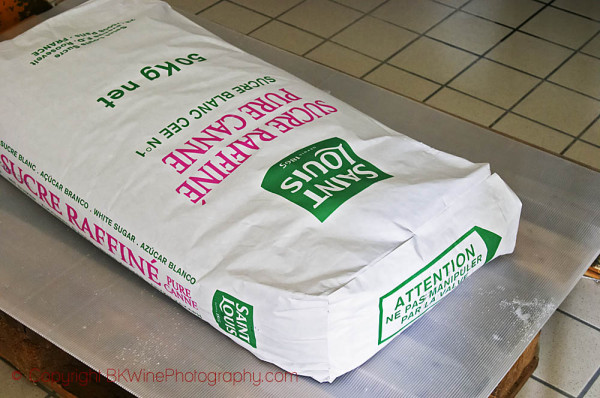
In Britt’s latest article on Forbes.com she explains the background for this trend, with a bit of history how it came about. She talks with a few winemakers who explain that this no-sugar-added champagne can be quite a challenge since it means that you will have to start from perfect raw material.
She also gives you a list of some excellent champagnes non-dosés that you should try if you want to explore this champagne trend.
Read Britt’s full article on Forbes.com: Flawless Champagne? The newest trend in champagne: drier than brut or even sugar-free.
Here are the first few paragraphs:
Most people prefer their Champagne to be “Brut”. Brut is dry in Champagne language. But today you can have your Champagne even drier than brut. More and more Champagne producers choose to reduce the small amount of sugar, called le dosage, which is added to the Champagne just before the final cork is put in place. And many consumer like this extra brut style. But by no means everyone.
When I talk about Champagne I mean the real Champagne, the sparkling wine made in the French region east of Paris called Champagne. Other sparkling wines may be delicious, but they mustn’t be called Champagne.
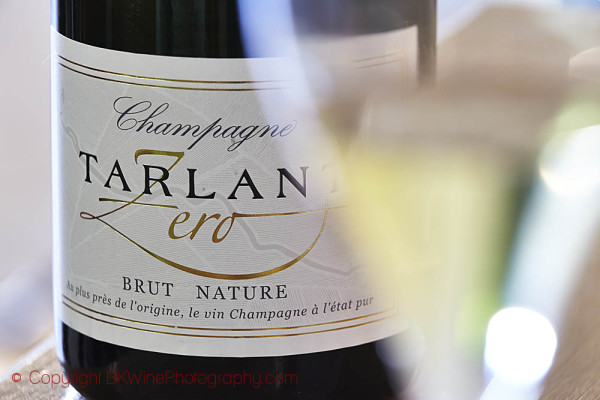
If a Champagne is well made, do the producers really need to add any sugar at all? This is a very legitimate question to ask. Hervé Augustin, former director of Champagne Ayala, once said to me that it takes a good base wine to make a champagne without dosage. Sugar is an efficient make-up, he said.
Read Britt’s full article on Forbes.com: Flawless Champagne? The newest trend in champagne: drier than brut or even sugar-free.
[box type=”info” style=”rounded” border=”full”]The best thing to do is of course to form one’s own opinion. Just because it is a trend it doesn’t have to be right for you. Come on a BKWine wine tour to Champagne and you will taste some excellent champagnes, both non-dosé and dosé.
Travel to the world’s wine regions with the experts on wine and the specialist on wine tours.
Wine tours without cosmetics. Wine tours full of character. BKWine wine tours.[/box]
